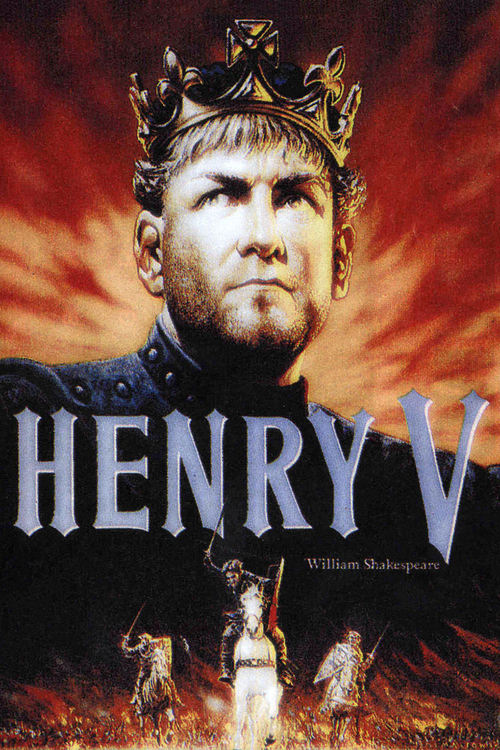“Who’s the greatest actor of all time?”
When that unanswerable question gets asked in my circles, I tend to hear four names repeated: Marlon Brando, Spencer Tracy, Laurence Olivier, and Daniel Day-Lewis.
All worthy choices, but if you include acting in the theatre, Olivier outshines them all, as Tracy was purely a screen actor and both Brando and Day-Lewis chose to leave the stage early on to focus on their film careers.
Though he made over 80 films, received 11 competitive Academy Award nominations, and won three (two of them honorary), Olivier’s greatest legacy remains his work on the stage. As beloved as his filmed Shakespeare adaptations are, one can only imagine the thrill of seeing him perform the Bard live.
On stage and screen, he was every bit as distinguished a director. Few may remember that in the year he won the Best Actor Oscar for “Hamlet” (1948), he was also nominated for his direction. He ran the beloved Old Vic theater in London in the forties, and became first director of the new National Theatre in 1963.
In later life, wreathed in honors and acclaim, he could sound oddly insecure about his accomplishments. To his son Tarquin, he confided that Cary Grant was his idea of a totally successful actor, pointing to his rival’s iconic status and enormous fortune.
Olivier passed all this by consciously enough, because he was temperamentally unsuited to be purely a creature of Hollywood and dedicate himself to being a movie star, as Grant did. It’s sad that somehow he could not acknowledge this to himself.
Even on film, you can discern that the theater was Olivier’s first home. As handsome and commanding a presence as he was, it was essentially his powerful, utterly distinctive, astonishingly versatile voice that stopped you dead in your tracks.
Perfectly adapting pitch, diction and delivery to suit a particular mood and role, Olivier’s voice was his not-so-secret weapon. With every line of dialogue, he romanced the spoken word, and like all the best performers, he made something very difficult appear easy and natural.
In this case, hearing is believing. Below are eight sequences from Olivier’s best films that illustrate my point. Whether or not you believe Laurence Olivier was our very best actor, these clips certainly prove he was a prime contender. Give your eyes (and ears) a treat and check them out.
Wuthering Heights (1939)
Pride and Prejudice (1940)
The Hamilton Woman (1941)
Henry V (1944)
Hamlet (1948)
The Entertainer (1960)



